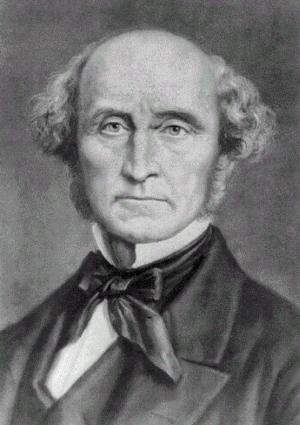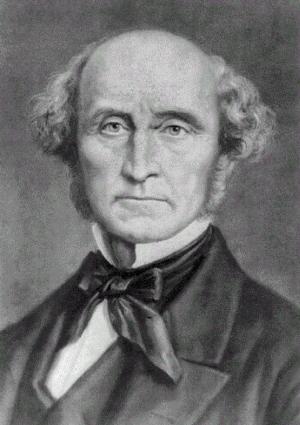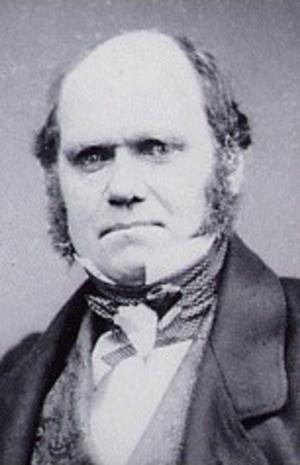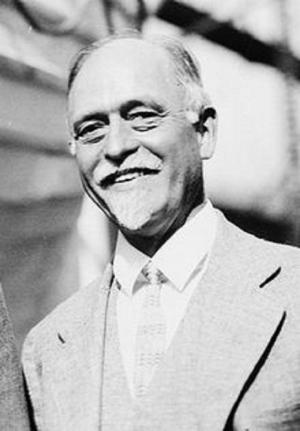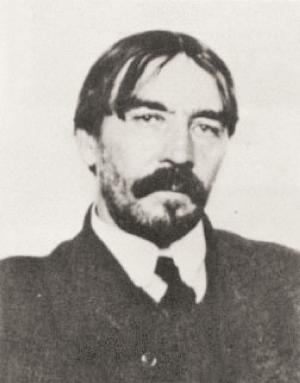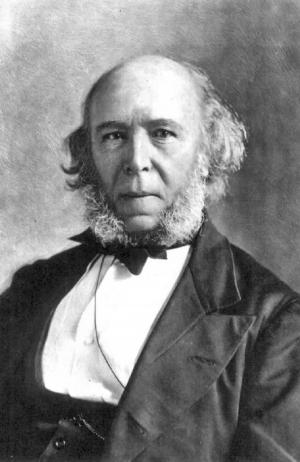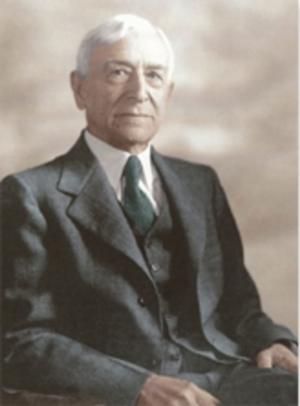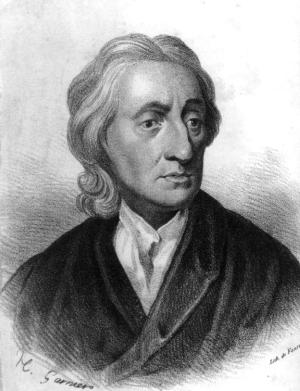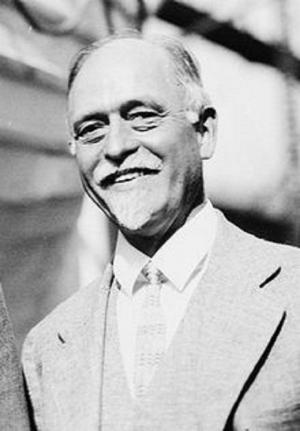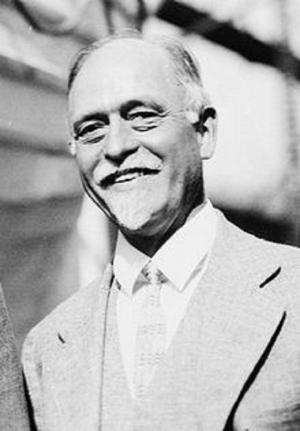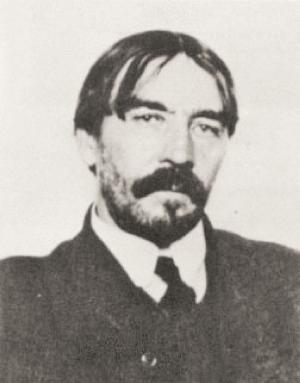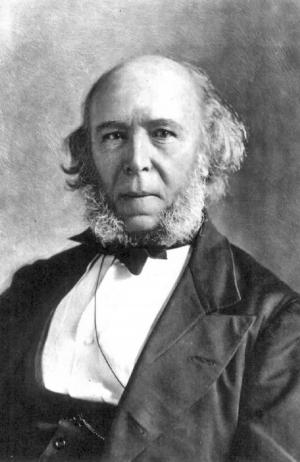Adam Smith, Herbert Spencer, William James, and John Bates Clark on Moral Sentiments, Ethics and Justice (Illustrated)
Business & Finance, Economics, Macroeconomics, Theory of Economics| Author: | Adam Smith | ISBN: | 1230000266499 |
| Publisher: | AS Team | Publication: | September 7, 2014 |
| Imprint: | Language: | English |
| Author: | Adam Smith |
| ISBN: | 1230000266499 |
| Publisher: | AS Team |
| Publication: | September 7, 2014 |
| Imprint: | |
| Language: | English |
The book has an active table of contents for readers to access each chapter of the following titles:
1. The Theory of Moral Sentiments – Adam Smith
2. The Principles of Ethics: Volume 1 and 2 – Herbert Spencer
3. The Data of Ethics – Herbert Spencer
4. Human Immortality – William James
5. Social Justice without Socialism – John Bates Clark
The invisible hand of the market in economics is to describe the self-regulating behavior of the marketplace. However, the concept was not phrased in the Wealth of Nations by Adam Smith. Adam Smith first introduced the concept of invisible hand of the market in The Theory of Moral Sentiments, written in 1759. Since then mortality and ethics are coupled with essential research of Invisible Hand of free market economy. The idea of markets automatically channeling self-interest toward socially desirable ends also becomes the foundation of the theory of small government today in the world.
Economic history has proven again and again that without a sound moral framework for a free economic system, Invisible Hand will not function properly for the free market.
In The Theory of Moral Sentiments, Smith first speaks of An Invisible Hand as the follows:
“The rich only select from the heap what is most precious and agreeable. They consume little more than the poor, and in spite of their natural selfishness and rapacity, though they mean only their own conveniency, though the sole end which they propose from the labours of all the thousands whom they employ, be the gratification of their own vain and insatiable desires, they divide with the poor the produce of all their improvements. They are led by an invisible hand to make nearly the same distribution of the necessaries of life, which would have been made, had the earth been divided into equal portions among all its inhabitants, and thus without intending it, without knowing it, advance the interest of the society, and afford means to the multiplication of the species.”
The book by Adam Smith speaks of Invisible Hand from different perspectives and presents a complete picture about Smith’s Invisible Hand. After more than two centuries, Smith's work still stands as the best statement and defense of the fundamental principles of capitalism. The book is already read more than two hundred years and it will still be read for another century due to its truths.
The book presents deepest thoughts about the moral and ethical issues for free market capitalism from greatest economists, psychologists, and sociologists on the planet. It is a must read book for readers who are interested in studying and researching the theory of free market economy from moral and ethical perspectives across economy, psychology, and sociology.
The book has an active table of contents for readers to access each chapter of the following titles:
1. The Theory of Moral Sentiments – Adam Smith
2. The Principles of Ethics: Volume 1 and 2 – Herbert Spencer
3. The Data of Ethics – Herbert Spencer
4. Human Immortality – William James
5. Social Justice without Socialism – John Bates Clark
The invisible hand of the market in economics is to describe the self-regulating behavior of the marketplace. However, the concept was not phrased in the Wealth of Nations by Adam Smith. Adam Smith first introduced the concept of invisible hand of the market in The Theory of Moral Sentiments, written in 1759. Since then mortality and ethics are coupled with essential research of Invisible Hand of free market economy. The idea of markets automatically channeling self-interest toward socially desirable ends also becomes the foundation of the theory of small government today in the world.
Economic history has proven again and again that without a sound moral framework for a free economic system, Invisible Hand will not function properly for the free market.
In The Theory of Moral Sentiments, Smith first speaks of An Invisible Hand as the follows:
“The rich only select from the heap what is most precious and agreeable. They consume little more than the poor, and in spite of their natural selfishness and rapacity, though they mean only their own conveniency, though the sole end which they propose from the labours of all the thousands whom they employ, be the gratification of their own vain and insatiable desires, they divide with the poor the produce of all their improvements. They are led by an invisible hand to make nearly the same distribution of the necessaries of life, which would have been made, had the earth been divided into equal portions among all its inhabitants, and thus without intending it, without knowing it, advance the interest of the society, and afford means to the multiplication of the species.”
The book by Adam Smith speaks of Invisible Hand from different perspectives and presents a complete picture about Smith’s Invisible Hand. After more than two centuries, Smith's work still stands as the best statement and defense of the fundamental principles of capitalism. The book is already read more than two hundred years and it will still be read for another century due to its truths.
The book presents deepest thoughts about the moral and ethical issues for free market capitalism from greatest economists, psychologists, and sociologists on the planet. It is a must read book for readers who are interested in studying and researching the theory of free market economy from moral and ethical perspectives across economy, psychology, and sociology.

